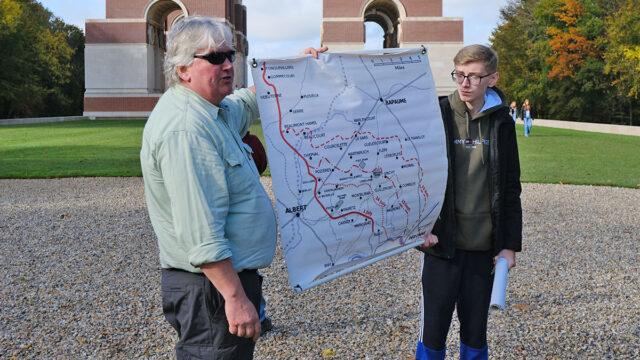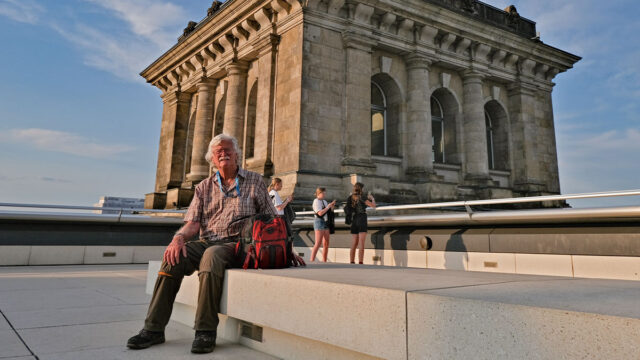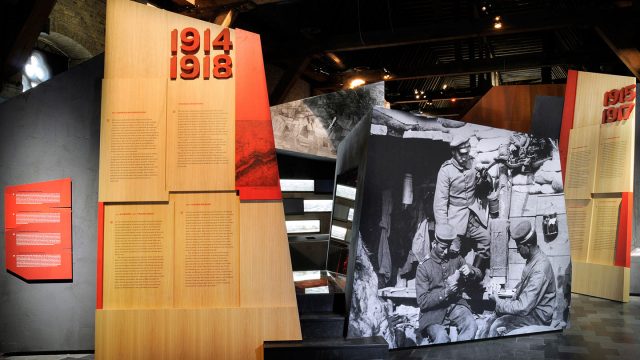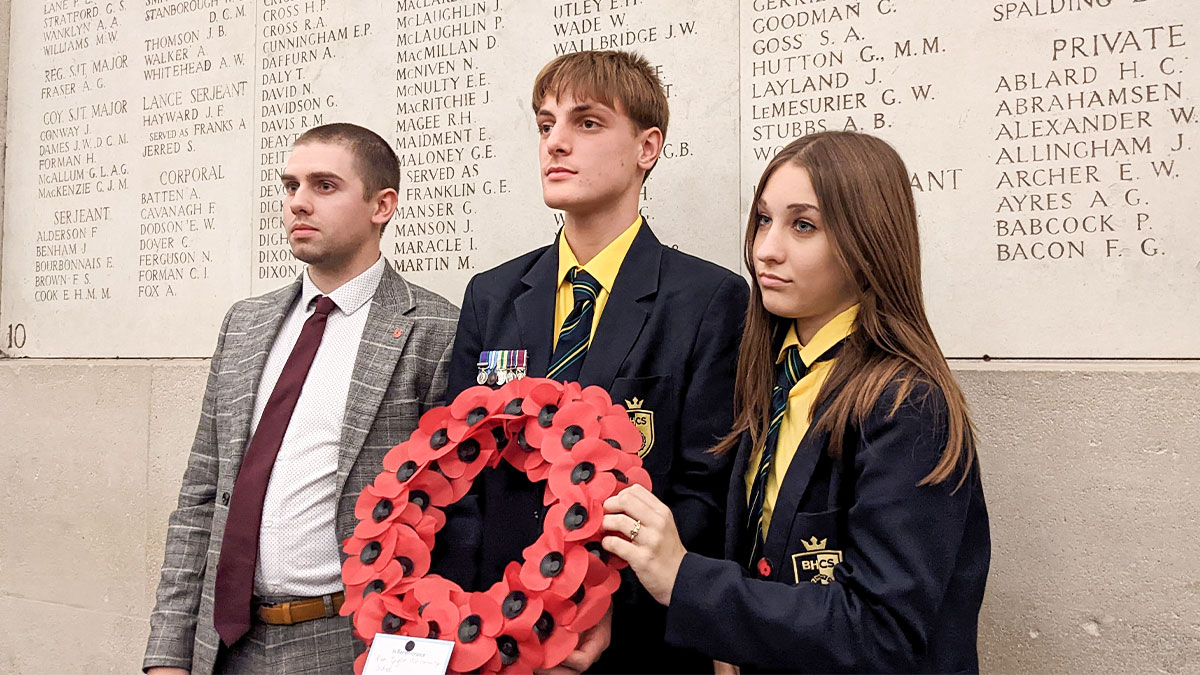
Each year, on Remembrance Day, millions of people take a moment’s silence to remember those who have died in wars across the world. On Remembrance Sunday, many services across the world take place at churches, memorial sites and cenotaphs to commemorate fallen soldiers, comrades and civilians lost to conflict.
Teaching young people about the importance of Remembrance can come from educating them about previous wars throughout history and their impacts on civilians, soldiers and entire countries. This can be through classroom teaching, school trips to historical sites and learning about experiences of ordinary people who lived and fought throughout the war time. It highlights the horrors and turbulent times millions of people experienced through the periods of war time, and how with hope, spirit and fight, they won.
We offer a range of school history trips to locations that were vital in the World War One and Two, from London and Liverpool, to The Somme and The Netherlands. These trips can seamlessly fit into your curriculum and offer a new way for students to engage with history in a way that can feel real and impactful to them.
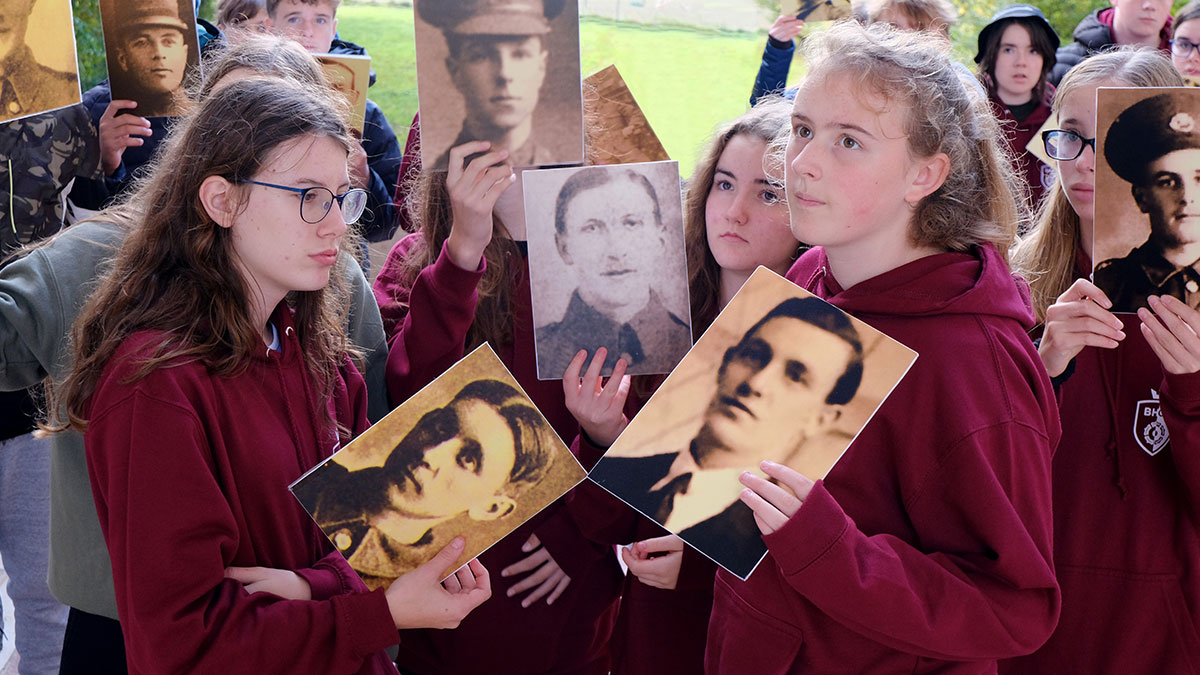
Giving students a deeper knowledge and understanding can help them develop critical thinking skills when it comes to past and present world events. By taking an active and critical approach to history and the role Remembrance serves, students and young people will be able to think critically about the social, political and economic factors that shape the world and their future. Remembrance Day offers a time for empathy and gratitude, as well as serving as a reminder to young people that their family had to fight and make sacrifices for what they have today. It’s also a poignant reminder that anything can happen through change, strong will and human spirit.
Take your students on a journey of Remembrance.
Make history come alive with our range of school history trips that delve deep into the past of Remembrance.
